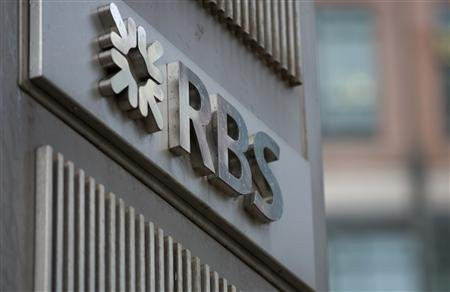RBS Hires Lawyers after Vince Cable's Adviser Slams Bank for Ruining SMEs

The Royal Bank of Scotland has drafted in heavyweight lawyers to review the treatment of small-to-medium sized enterprises after a government adviser slammed the bank for engineering businesses into default while also profiting from their struggles.
According to a statement by RBS' newly installed chief executive, Ross McEwan, the bank has appointed Clifford Chance to help its inquiry into the treatment received by SMEs in financial distress.
"To ensure our customers can have full confidence in our commitment to them I have asked the law firm, Clifford Chance, to conduct an inquiry into this matter, reporting back to me in the new year," said McEwan.
McEwan added that "the pendulum of risk aversion has swung too far in many business lending cases" and that RBS is writing to SMEs to say it has £140bn (€168bn, $227bn) available for lending.
Meanwhile, an independent report by former Bank of England deputy governor Andrew Large, which was commissioned by RBS, recommended the bank look into concerns over its treatment of struggling small businesses.
'Engineering Bankruptcy'
Lawrence Tomlinson, an adviser to business secretary Vince Cable, slammed RBS for engineering businesses into default after moving them into its Global Restructuring Group (GRG).
He added that the 81% government-owned RBS also profited from their struggles as by moving them into GRG, this can create more revenue for the bank through higher fees and margins.
It can also result in the purchase of devalued assets by its property division, West Register.
Tomlinson runs LNT Group, based in the north of England which has annual revenue of £100m and has interests in construction, software, car manufacturing, and care homes.
RBS received a taxpayer funded £45bn (€54bn, $73bn) bailout in 2008. It is not unusual for a bank to remove problem loans from its books, especially when it is looking to reduce its exposure to risky assets.
A number of financial institutions have either siphoned off or created internal or external "bad banks" to deal with toxic assets.
In May this year, IBTimes UK conducted a special investigation into businesses that claim Britain's biggest banks were wilfully engineering SMEs to fall into default.
© Copyright IBTimes 2025. All rights reserved.






















